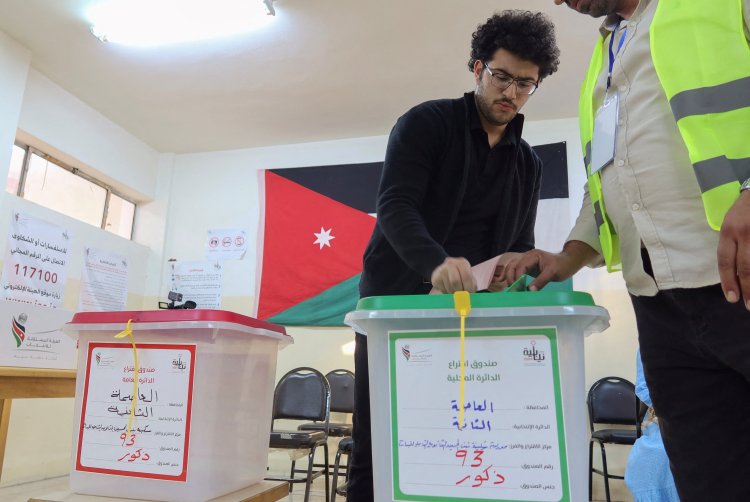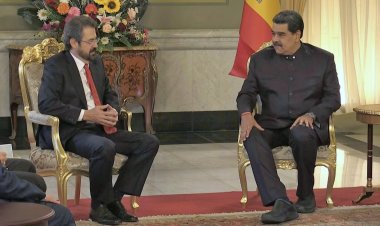Jordanians Vote Under New Law Amid Gaza War Tensions

Jordanians voted in the first parliamentary election under a new law meant to dilute the outsized impact of tribalism and bolster political parties, with Islamists expected to gain support due to anger over Israel's war in Gaza.
The 2022 electoral law is designed to pave the way for political parties to play a bigger role, though the election is still expected to keep the 138-seat parliament in the hands of tribal and pro-government factions.
The new law for the first time directly allocates 41 seats for over 30 licensed and mostly pro-government parties. It also raised the quota for women's representation to 18 from 15 seats and lowered the age for elected deputies to 25 from 30.
Jordan retains a voting system that favors sparsely populated tribal and provincial regions over the densely populated cities mostly inhabited by Jordanians of Palestinian descent, which are Islamist strongholds and highly politicized.
More than two-thirds of Jordanians live in cities but are allocated less than a third of assembly seats.
The polls were marked by widespread voter apathy with initial official figures showing that turnout among the 5.1 million eligible voters was 32.25%, slightly higher than 29% in the last election in 2020.
Voter participation in urban areas where the Islamists and urban Palestinians traditionally win seats, was proportionately half that of rural areas where voting is according to family and tribal allegiance.
Still, officials say this election is a milestone in a gradual democratization process and should bolster turnout.
Many Jordanians say a passive parliament packed with pro-government deputies is powerless to bring change.
Officials say King Abdullah’s decision to go ahead with the vote was a message that politics is continuing as normal despite the Israel-Hamas war in Gaza, which has clouded Jordan's economic and political outlook.















